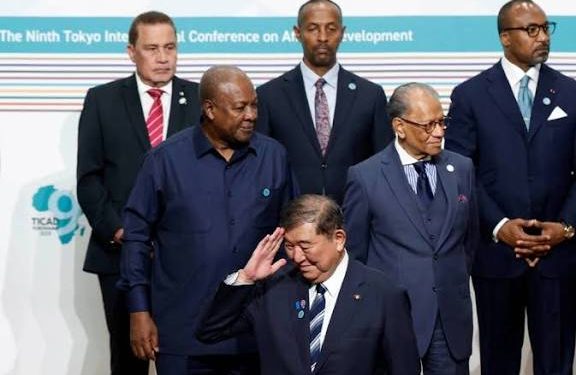The Japan International Cooperation Agency has officially withdrawn its “JICA Africa Hometown” initiative following widespread confusion and resistance from local governments in Japan. The decision was announced in a statement issued on Thursday, September 25.
The project, unveiled in August during the 9th Tokyo International Conference on African Development, aimed to designate four Japanese municipalities as “hometowns” for four African countries to deepen cultural and economic ties. However, the use of the term “hometown” and JICA’s plan to “designate” municipalities sparked misunderstandings and placed unexpected burdens on the participating cities.
According to the agency, the term’s interpretation and the framework of the initiative created significant confusion, prompting reconsideration. “The very nature of this initiative particularly the word ‘hometown’ and the idea of JICA assigning local governments such a role led to misunderstandings and imposed excessive responsibilities on the four municipalities,” JICA explained, while apologizing to the affected cities.
The agency also addressed misconceptions about immigration, clarifying that the initiative was never intended to create immigration pathways. It emphasized that none of its programs promote immigration and that there are no plans to do so in the future.
The project first gained attention when Nigeria’s State House announced that Japan would introduce a special visa category for highly skilled young Nigerians to live and work in Kisarazu, designated as Nigeria’s “hometown” city under the initiative. Similar pairings were announced for Tanzania, Ghana, and Mozambique. However, Kisarazu City later clarified that the partnership did not involve any immigration plans.
With the “Africa Hometown” concept now scrapped, JICA reaffirmed its commitment to strengthening Africa-Japan relations through alternative programs focused on education, business, cultural exchange, and institutional cooperation without the confusion tied to the previous framework.
For African MSMEs and startups seeking global partnerships, the agency’s shift could still open new avenues for collaboration with Japanese cities, businesses, and institutions, particularly in skills development, trade, and cultural exchange, even as the “hometown” label is retired.










